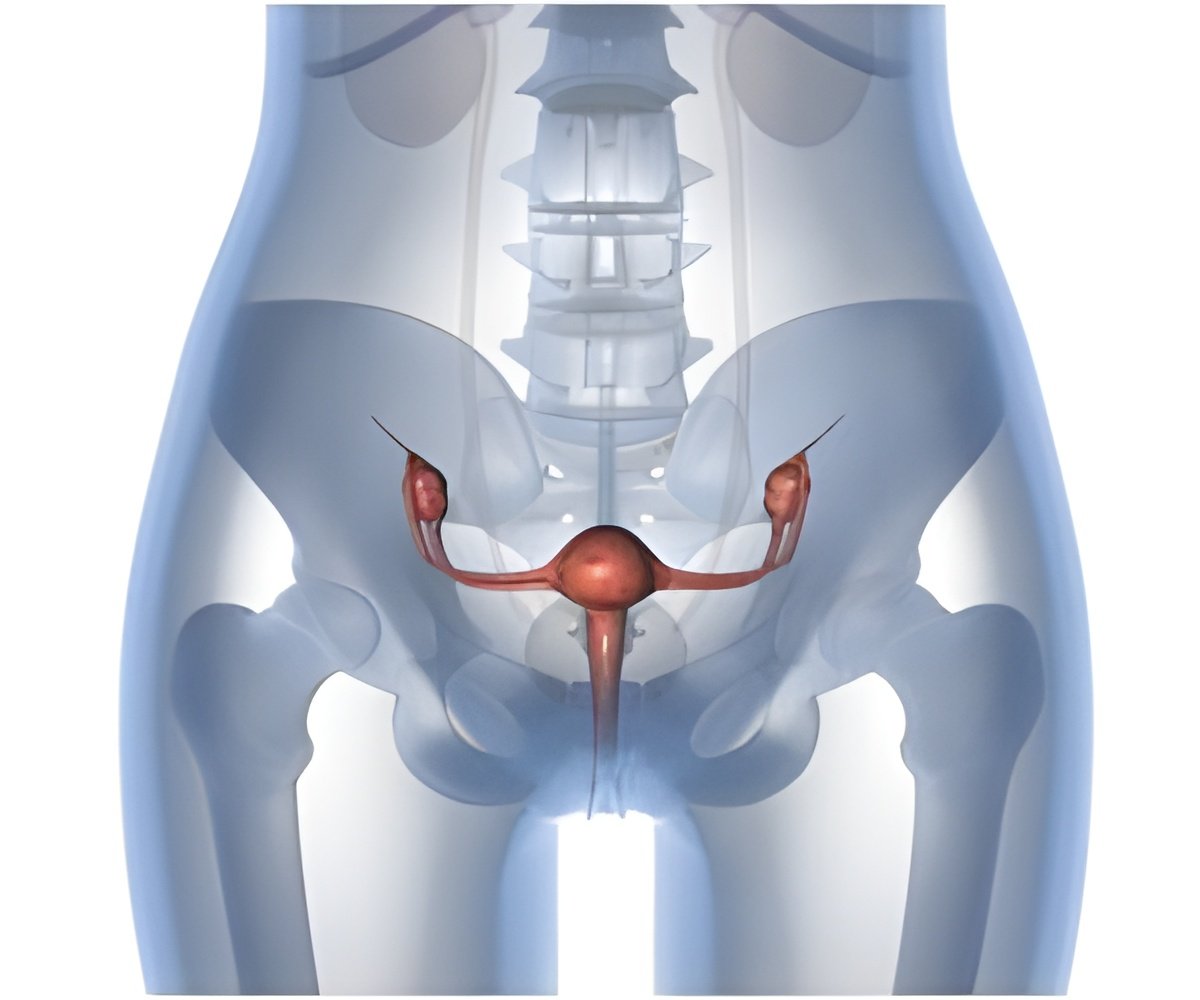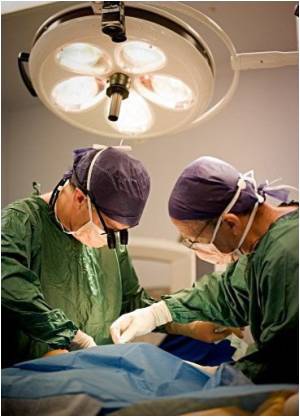Benign disorders of the pelvis should be treated with vaginal or laparoscopic hysterectomy and not with abdominal incision, declared the AAGL, a society of over 5,000 gynecologic surgeons.

Abdominal hysterectomy (AH) requires a relatively large abdominal incision and is associated with a number of disadvantages largely related to abdominal wound infections, relatively prolonged institutional stay, and delayed return to normal activities.
"When procedures are required to treat gynecologic disorders, the AAGL is committed to the principles of informed patient choice and provision of minimally invasive options," commented Franklin D. Loffer, Executive Vice President/Medical Director of the AAGL.
"When hysterectomy is necessary, the demonstrated safety, efficacy, and cost-effectiveness of VH and LH mandate that they be the procedures of choice. When hysterectomy is performed without a laparotomy, early institutional discharge is feasible and safe, in many cases within the first 24 hours."
Clinical situations once considered as contraindications to LH are obesity and a previous cesarean section. However, evidence suggests that, aside from longer operative times, safety and efficacy are similar for obese and non-obese patients.
In conclusion the position statement asserts "It is the position of the AAGL that most hysterectomies for benign disease should be performed either vaginally or laparoscopically and that continued efforts should be taken to facilitate these approaches. Surgeons without the requisite training and skills required for the safe performance of VH or LH should enlist the aid of colleagues who do or should refer patients requiring hysterectomy to such individuals for their surgical care."
The statement has been published online The Journal of Minimally Invasive Gynecology.
Source-ANI








